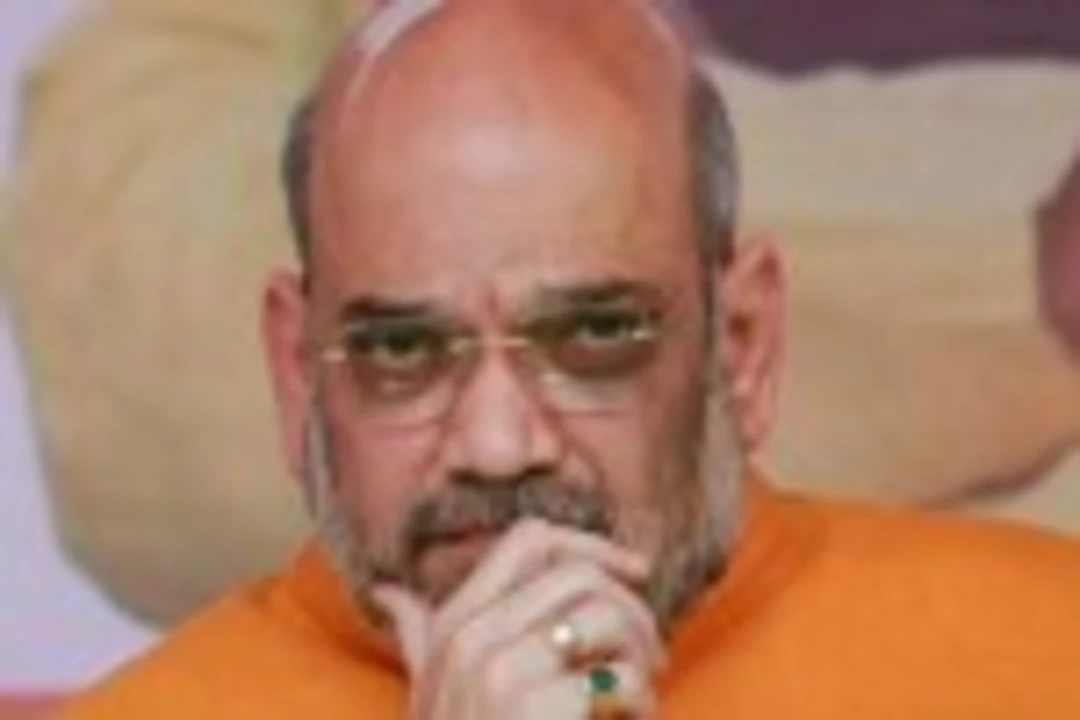Amit Shah: Who He Is, What He Does, and Why He Matters
If you’ve been scrolling through Indian news lately, you’ve probably seen Amit Shah’s name pop up a lot. He’s the BJP’s chief strategist, the Union Home Minister, and a key player in shaping the country’s political landscape. Let’s break down why he’s such a big deal, without the jargon.
From Gujarat to the Centre: Shah’s Political Journey
Amit Shah started his career in Gujarat, working closely with Narendra Modi when they were both in the state’s assembly. He quickly earned a reputation for being a hard‑nosed organizer, turning the BJP’s patchy vote base into a winning machine. In 2014, when Modi became Prime Minister, Shah was appointed as the party’s national president. Under his watch, the BJP won two massive general elections, pulling in record numbers of seats.
His rise didn’t stop there. In 2019, Shah moved to the Union Ministry of Home Affairs. That role puts him in charge of internal security, border management, and law‑and‑order policies. It’s a position that lets him implement the party’s agenda on a national scale.
Key Policies and Decisions Shaped by Amit Shah
One of Shah’s most talked‑about moves was the revocation of Article 370, which stripped special status from Jammu and Kashmir. The move sparked protests and praise in equal measure, showing how his decisions can stir the nation.
He also pushed the Citizenship Amendment Act (CAA) and the National Register of Citizens (NRC). Both aimed to define citizenship criteria, but they sparked heated debates about inclusion and rights. Shah’s handling of these issues shows his willingness to take bold, sometimes controversial steps.
On the security front, Shah has overseen several high‑profile counter‑terror operations, including the 2019 Pulwama response. His focus on tightening border security and improving intelligence coordination has been credited with preventing larger attacks.
Why Amit Shah’s Influence Still Grows
Shah’s blend of grassroots organization and top‑level policymaking makes him a unique force. He’s known for data‑driven campaign strategies, using voter demographics and social media to tailor messages. This approach helped the BJP dominate both rural and urban constituencies.
He’s also built a strong network of regional leaders who owe their rise to his mentorship. That network keeps the party’s message consistent across states, reinforcing his central role.
Looking ahead, Shah’s focus appears to be on strengthening internal security while pushing economic reforms that align with the party’s “self‑reliant” vision. Expect more headlines about new legislation, infrastructure projects, and political maneuvers aimed at keeping the BJP ahead.
Whether you agree with his policies or not, Amit Shah’s impact on Indian politics is undeniable. He’s a strategist who knows how to turn ideas into votes, and a minister who can turn policy into action. Keep an eye on his moves – they’ll shape the country’s direction for years to come.
